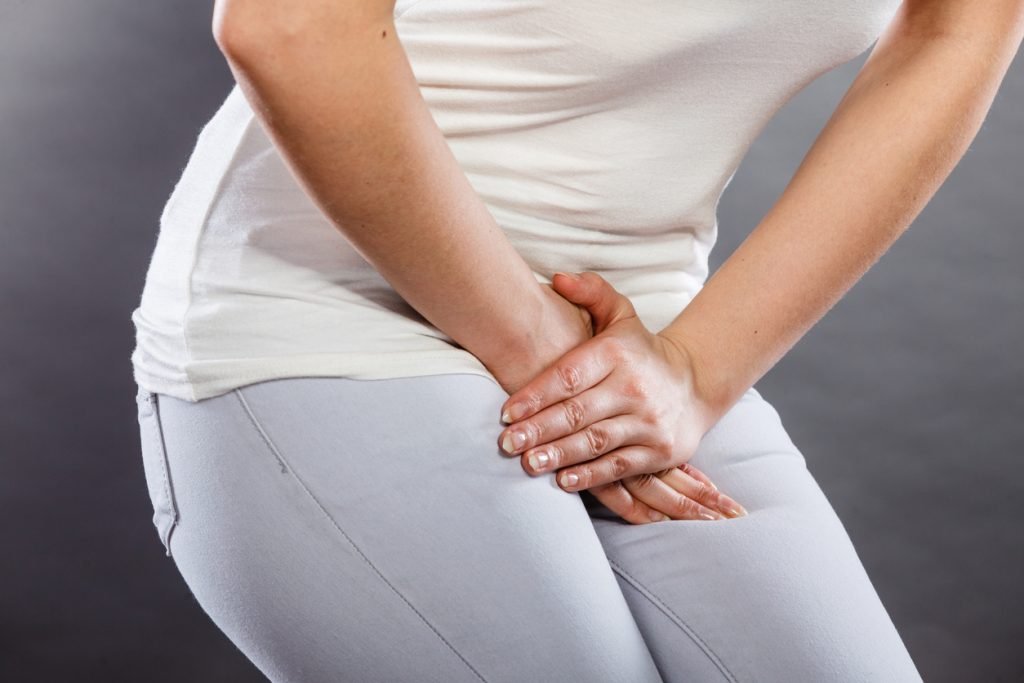Urinary Incontinence: Effective Treatments at Lux Hospitals

Table of Contents
At Lux Hospitals, urinary incontinence is recognized as a prevalent condition that significantly affects individuals’ quality of life. Our experts understand its diverse symptoms and underlying causes, which are often associated with various types of urinary incontinence.
What Is Urinary Incontinence?
Urinary incontinence is the involuntary leakage of urine, impacting the ability to control urination. This condition can result from muscle weakness, nerve issues, or chronic illnesses. It affects people of all ages, often leading to symptoms like sudden urges or dribbling of urine.
Types of Urinary Incontinence
- Stress Incontinence: Leaks occur with pressure from coughing, laughing, or exercising.
- Urge Incontinence: Characterized by a sudden, intense urge to urinate.
- Overflow Incontinence: The bladder doesn’t empty completely, leading to frequent dribbling.
- Functional Incontinence: Physical or cognitive barriers prevent timely bathroom access.
- Mixed Incontinence: Combination of stress and urge incontinence symptoms.
Treatments of Urinary Incontinence
Lifestyle Modifications: This involves making changes to daily habits to improve bladder health and manage symptoms. Key components include bladder retraining, which helps increase the time between urination; dietary changes, such as reducing caffeine and alcohol intake to avoid bladder irritation; and weight management, since excess weight can put pressure on the bladder and worsen symptoms.
Pelvic Floor Exercises: Kegel exercises are designed to strengthen the pelvic floor muscles, which support the bladder and other organs. Regular practice of these exercises can improve muscle control and reduce leakage by enhancing bladder support.
Medications: Various medications can help manage bladder-related symptoms. Anticholinergics are commonly prescribed to reduce bladder muscle spasms and urgency. Other drugs may be used to relax the bladder, increase bladder capacity, or improve urinary retention.
Medical Devices: Certain devices can aid in managing bladder function. Pessaries, for instance, are inserted into the vagina to support the bladder and reduce leakage. Urethral inserts are small, disposable devices placed in the urethra to prevent urine leakage during activities.
Surgical Procedures: For more severe cases, surgical options may be considered. Sling surgeries involve placing a supportive mesh around the bladder neck and urethra to prevent leakage. Artificial urinary sphincters are devices implanted to control urine flow and provide significant long-term relief from symptoms.
Therapies: Therapies like biofeedback and electrical stimulation can help retrain the pelvic muscles. Biofeedback uses sensors to monitor muscle activity and provide feedback to the patient, helping them learn how to control these muscles more effectively. Electrical stimulation involves mild electrical currents to stimulate and strengthen the pelvic floor muscles.
Why Choose Lux for Urinary Incontinence Treatment?
Lux Hospitals offer advanced treatments guided by highly skilled urologists with years of expertise in managing urinary incontinence. Our state-of-the-art facilities and personalized care ensure you receive the most effective therapies, from bladder retraining exercises to innovative surgical solutions like sling surgery.
Diagnosis of Urinary Incontinence
- Medical History: Discusses symptoms, patterns, and relevant medical conditions.
- Physical Examination: Assesses pelvic muscle strength and identifies potential causes.
- Urinalysis: Detects infections or abnormalities in urine.
- Bladder Diary: Tracks fluid intake, urination frequency, and leakage episodes.
- Urodynamic Testing: Measures bladder pressure, urine flow, and muscle function.
- Imaging Studies: Ultrasound or cystoscopy provides detailed bladder and urethra views.
Causes of Urinary Incontinence
- Muscle Weakness: Pelvic floor muscle or sphincter weakness leading to stress incontinence.
- Neurological Issues: Conditions like multiple sclerosis and Parkinson’s can affect bladder control.
- Hormonal Changes: Menopause or pregnancy can result in urinary incontinence causes in females.
- Chronic Diseases: Diabetes and obesity can increase incontinence risk.
- Urinary Tract Infections: Can a bladder infection cause incontinence? Yes, it can cause temporary leakage.
- Aging: Natural aging reduces bladder capacity and muscle tone.
Symptoms of Urinary Incontinence
- Urine Leakage: Involuntary loss of urine during physical activities like coughing or exercising.
- Frequent Urination: Needing to urinate more often than usual.
- Sudden Urge: Intense, sudden need to urinate, often resulting in urge incontinence symptoms.
- Nocturia: Waking up multiple times at night to urinate.
- Dribbling: Persistent or occasional dribbling due to incomplete bladder emptying.
- Incontinence Episodes: Occurrences of leakage that can be mild or severe.
Tips to Prevent Urinary Incontinence
- Maintain a Healthy Weight: Extra weight puts pressure on the bladder and pelvic floor muscles.
- Exercise Regularly: Pelvic floor exercises like Kegels can strengthen bladder control.
- Bladder Training: Gradually extend the time between bathroom trips to improve control.
- Stay Hydrated: Drink enough water without overconsuming, to prevent bladder irritation.
- Avoid Bladder Irritants: Limit caffeine, alcohol, and spicy foods that can worsen symptoms.
- Quit Smoking: Smoking can increase coughing, which may exacerbate stress incontinence.
- Manage Chronic Conditions: Keep diabetes or neurological conditions well-managed to reduce risk.
Conclusion
With the right knowledge and proactive steps, managing urinary incontinence is possible. Don’t let it hinder your lifestyle. Seek guidance from Lux Hospitals to explore personalized treatment options and regain confidence in your bladder control. Take the first step towards a better quality of life today.


